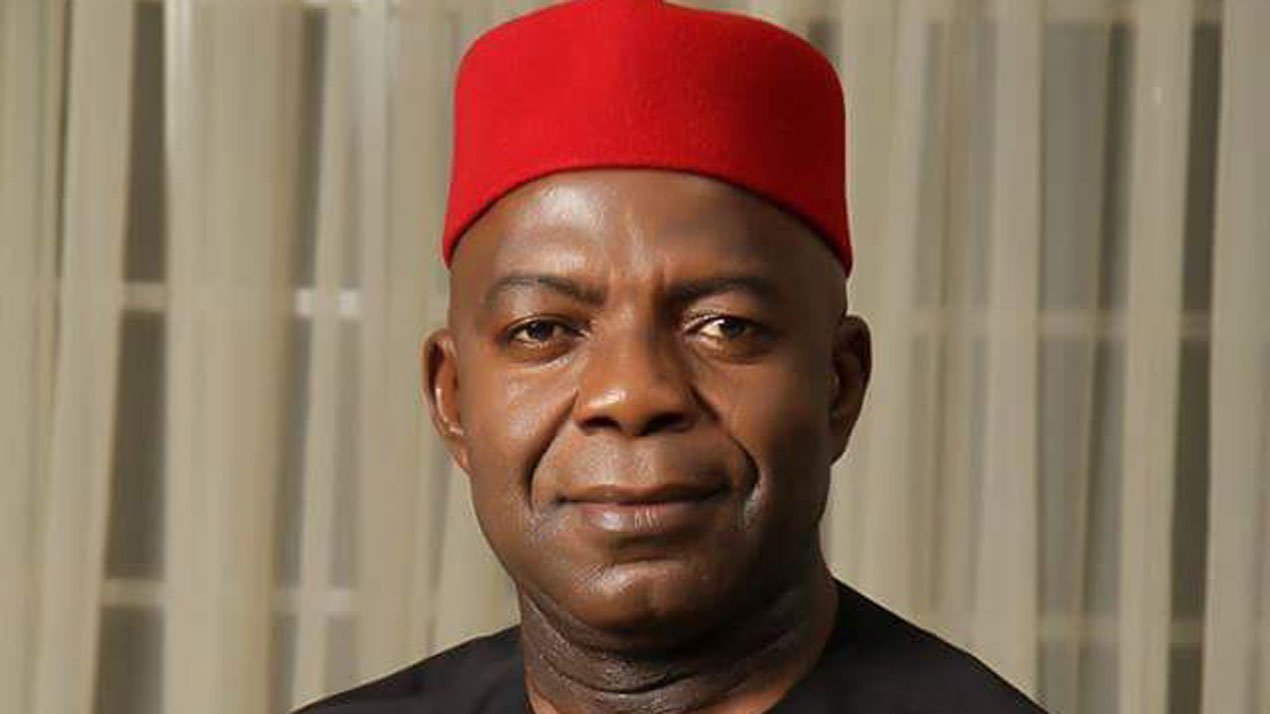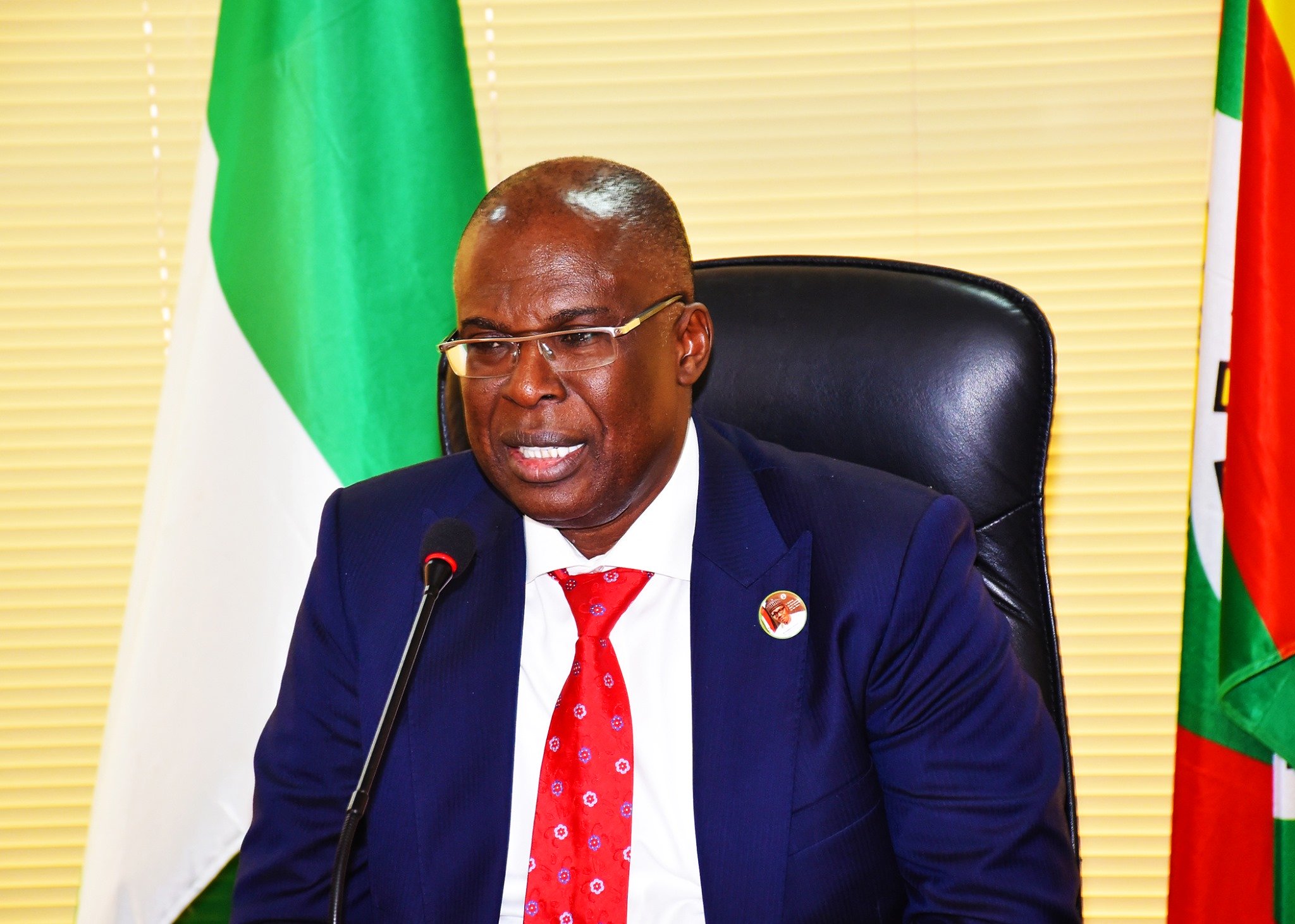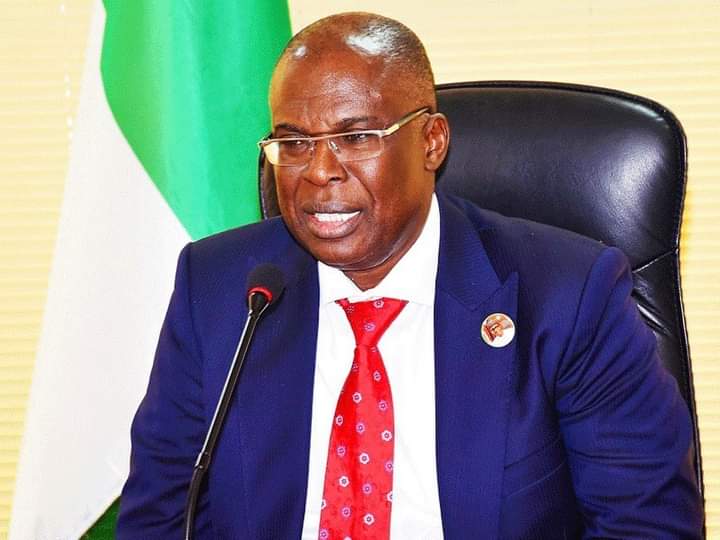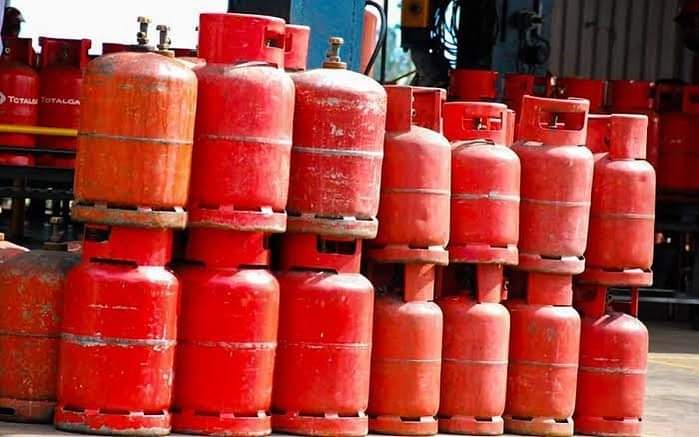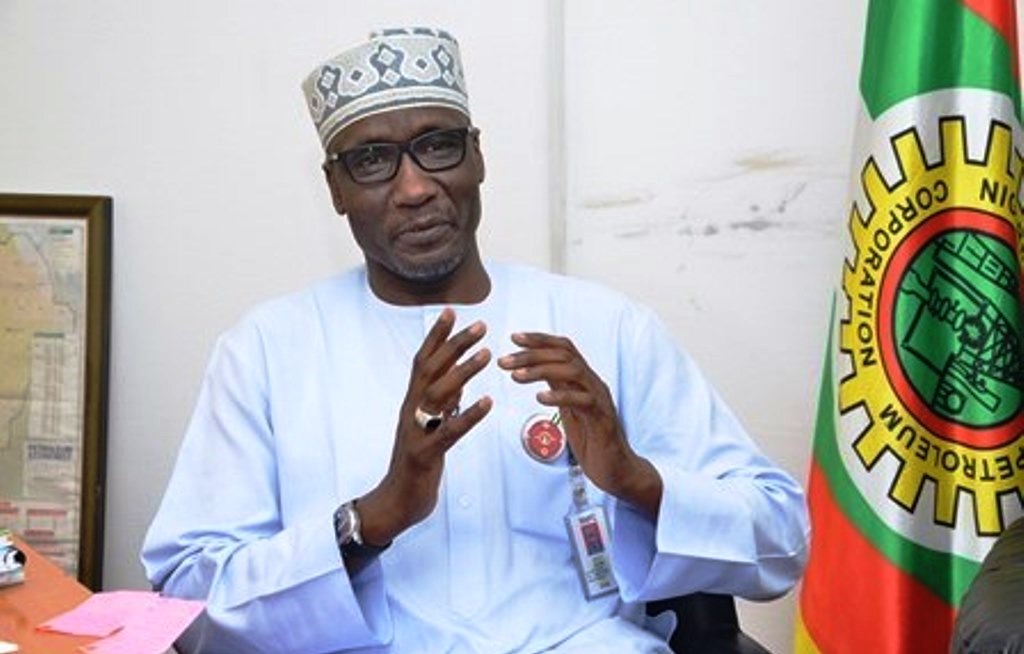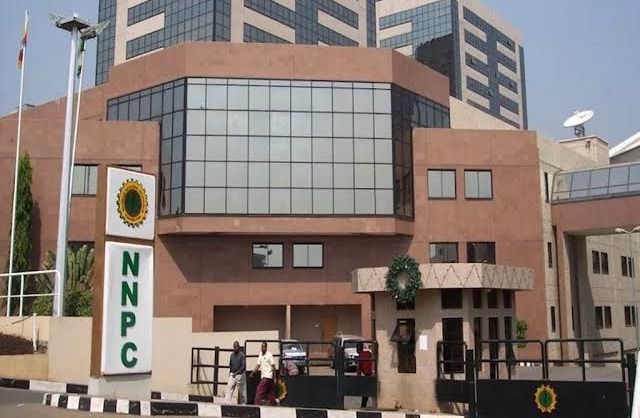“We rushed into renewable energy without any thought. The schemes are largely hopelessly inefficient and unpleasant. I personally can’t stand windmills at any price” -James Lovelock.
“So the conservative who resists change is as valuable as the radical who proposes it — perhaps as much more as the roots are more vital than grafts. It is good that new ideas should be heard, for the sake of the few that can be used; but it is also good that new ideas should be compelled to go through the mill of objection, opposition, and contumely; this is the trial heat which innovations must survive before being allowed to enter the human race. It is good that the old should resist the young, and that the young should prod the old; out of this tension, as out of the strife of the sexes and the classes, comes a creative tensile strength, a stimulated development, a secret and basic unity and movement of the whole.”
Will Surant – Author of ‘The Lessons of History”.
Across the world, there is renewed drive towards the phasing out of non-renewable energy sources in favour of renewable energy. Renewables refer to energy sources that do not get depleted with use. Non- renewables, on the hand, are those sources that get exhausted with use. Examples of non-renewables would include coal, oil, gas and nuclear energy. Save for nuclear, the rest are also called fossil fuels. They are so called for the simple reason that they are formed from dead animals and plants in underground layers of rock and sediment in the earth deposited over millions of years. Scientific studies suggest that the combination of pressure and heat transforms the remains of animals and plants into oil and coal. While crude oil is cracked for products like gasoline and diesel for vehicles and plants, plastics and other products for manufacturing, natural gas is used for cooking, heating, cooling, and firing gas engines. Natural gas is pumped through wells just like crude oil and is found near oil deposits underneath the earth surface.
Coal, on the other hand, is a solid fossil fuel that could be used for heating homes and powering generators, turbines and other machines. It is also buried below the earth’s surface and the process of extracting it is by mining, quite unlike other types of fossil fuel. Nuclear energy comes from uranium, a radioactive element which is extracted, again from mining like coal. The mined uranium is further refined into fuel. Nuclear energy has a more sinister and dangerous use as a ‘weapon of mass destruction’ remember that terminology? Nuclear energy, quite unlike fossil fuel, produces zero emission and therefore is adjudged to be a relatively clean source of energy. Power is generated through fission. Fission simply refers to the process of splitting uranium atoms which generates heat which in turn creates steam that powers turbine engines for production of electricity.
Renewable energy on the other hand, refers to naturally replenishing sources of energy which have the added advantage of being clean with negligible carbon emission. Renewable energy sources would include solar, wind, hydro, tidal, geothermal and biomass. They are clean and more sustainable energy sources but face the challenge of relative high cost and inefficiency. With time, these gaps are being bridged through advancement in technology and, in the wake, renewable energy is being embraced the world over.
The universal adoption of renewable energy could spell doom for countries like Nigeria whose economies are heavily dependent on fossil fuels. Many high energy consuming countries have set deadlines for phasing out internal combustion engines in favour of electric vehicles. This transition could deal a big blow to crude oil producing countries. The timetable for phasing out hydrocarbon fired vehicles are pretty tight with the following notables: 2025 for Norway, 2025 for India, 2030 for Germany and France and 2040 for the UK.
Countries with unstable electricity supply would find it difficult to embrace electric vehicles since charging would remain a challenge. Statistics, however, shows that renewable energy now accounts for about 20% of the global energy supply. While the push to take that number up continues, it is an incontrovertible fact that the world still has a long way to go in the displacement of fossil fuels as the choice for mainstream energy usage. In fact, a few years ago, the mantra for the world was that we were entering the world of gas. It was touted everywhere as the fuel for the future. It is with this in mind that we intend to take a look at Nigeria’s gas utilisation and make recommendations on what should be done to take advantage of the massive reserves while the party lasts.
Nigeria’s proven gas reserves currently stands at 206.53 trillion standard cubic feet (scf) as at 2019, according to the Department of Petroleum Resources (DPR). This places the country as the seventh largest in the world in terms of gas reserves. But that seems to be where the strength ends. Having humongous reserves which, by the way, we did not prospect but found accidentally as the Minister of State for Petroleum Resources, Chief Timipre Silva, was quoted to have disclosed recently, can only translate to a strength if we are able to utilise same. Out of these reserves, an estimated 50% is associated gas while the other half is non associated gas. We are known to mindlessly flare associated gas which comes out with crude oil during production. Statistics shows that currently, over 60% of associated gas is flared, making Nigeria one of the least utilisers of gas it produces. There is general agreement that something drastic ought to be done to redress the situation.
Nigeria’s gas flare out programme continues to sound like a ballroom dance, one step forward, several steps backward. The first serious effort made in extraction and utilisation of gas is the Liquified Natural Gas Project in Bonny which came on stream in 1999 with the rollout of the first two trains. Having taken the final investment decision for the seventh train, and awarded the Engineering, Procurement and Construction contract to a consortium of Saipem, Chiyoda and Daewoo last year at a cost of $10billion, it is expected that the production capacity of NLNG would increase from the current 22 million tonnes per annum to 30 million when completed. It is important to add that Nigeria has other similar projects like the Oso Gas to Liquid Project, Escravos Gas Project, Ekpe Gas Compression Project, Belema Gas Injection Project, Obigbo Node Associated Gas Gathering Project, Cawthrone Channel Gas Injection Project, the Odidi Associated Gas Gathering Project, the West African Gas Pipeline Project, following the NLNG project. In all these projects, the primary objective is to eliminate flaring and not necessarily to utilise natural gas finds.
While we were battling with flaring and its negative effects on the environment, the rest of the world was investing in gas as alternative energy to power industrial and residential needs. As global warming and environmental issues take centre stage in energy discourse, a principled stand has been taken by global investors to go green and gradually phase out funding for gas projects in sub-Saharan Africa and elsewhere ostensibly in order to decarbonize the universe. In pursuit of decarbonization, The World Bank, for instance, has increased its allocation to climate change initiatives by 35%. This has had a direct negative impact, as financing for new gas projects particularly in Africa has reduced. Meanwhile, prior to this time, there was a clear understanding that gas fired power solutions were but a transitional solution to the global clean and green power initiative. The world’s biggest multilateral financial institution European Investment Bank has set a deadline of December this year as when it will stop funding non-renewable energy projects, particularly fossil fuel energy projects.
These developments are happening when back home, we are dealing with major energy deficiency challenges. Should the world wait for us to catch up before continuing its journey towards decarbonization? The answer is no. Should we jump into the fray of renewable energy with the rest of the world given that that is the way of the future, while pretending that our problems are not there? Again, the answer is No. According to the World bank, Nigeria has the largest energy deficit in the world. Over 85m people representing over 43% of the population do not have access to grid electricity. This, the World Bank continues, costs the country about $29b in annual economic loses which also translates to over 2% of GDP. All these are missed opportunities in productivity, slowing down industrialisation and economic growth.
Breaking this further down, Nigeria has a total installed generation capacity of 12,552 megawatts of electricity, mainly from hydro and gas sources. Of this number, an average of 4,000 megawatts gets to the final consumers. The balance is lost as a result of inefficient transmission and distribution, and other bottlenecks in the value chain. That we are exporting electricity to other African countries like Benin Republic, Chad, Niger and Togo is not a matter for today’s discourse. That we are also supplying gas to Ghana under some agreement referred to as the West African Pool is also not within the contemplation of this essay. There is no doubt that Nigeria’s inability to light up the country is largely responsible for the massive poverty, intolerable unemployment rate and near collapse of the economy.
According to the Electricity Consumption and Economic Growth, 2021, a 1% rise in electricity consumption leads to a 1.72% rise in economic growth. What this means is that the country can double its GDP growth rate by simply moving transmitted electricity from the present 4,000MW to 6,000MW which can happen without increasing the installed capacity.
In its editorial on July 8, 2021, Thisday Newspaper lamented the lack of an integrated approach to electrification of the country, where about 50% of the population has no access to electricity. Even those that have access hardly have power for more than 50% of the time.
This column strongly believes that the government should declare an emergency on electricity and move single mindedly to significantly improve the delivery of electricity to homes and industrial complexes. Secondly, we believe that the focus should not necessarily be renewables immediately but gas, which we have in abundance. It is either it is massively deployed in cylinders for homes or piped to homes and commercial locations for massive adoption. We know many people would argue that we have significant amount of sunlight, and that solar energy is the best for massive deployment. While we do not disagree, we believe that this source of energy may not be the low hanging fruit that people want us to believe for the simple reason of cost and efficiency. As more improvements are made and as research supports the production of silicon in Nigeria to bring down the cost of solar panels we shall go back to this debate. The country sits on a huge reserve of gas but produces and consumes very little gas. In 30 years, the country has only doubled its gas utilisation capacity from a very low base of 200 to 1.2mcf of gas daily, according to DPR. Other uses of natural gas including heating, cooling, transportation cannot be overemphasised. We are not unaware of the funds spent on improving electricity supply by previous governments which are reported to have gone down the drain. While efforts at recovering the funds should continue, the country should not let that deter it from making further investments.
The country should decentralise and deregulate the electricity industry completely. The 27 generating companies for over 200m people is grossly inadequate. There should be incentive for more Nigerians to join this business.
Above all, any thought about foreign capital investment in this sector should be perished. From the stance of the World Bank and other multilateral agencies, it is clear that this sector would soon be starved of funds. Other foreign investors would follow the lead of the multilateral agencies. This is understandable as no one wants to end up with stranded assets in a foreign land. This is where local capital should come into significant play. The technology is available locally, local capital should logically locate it.
Conclusively, while we agree that the way of the future is renewable energy and also concur that Nigeria is blessed with abundant sun, hydro and wind, to some extent, to make renewables the dominant source of energy, we hasten to add that the country and indeed the rest of the world is not there yet. Between now and the time the global community will be ready, it would be better and cheaper for us to consolidate on gas which we have in abundance and provide stable electricity for our people and economy while waiting for the transition. It is therefore on this note that we join Carlo Rubbia in arguing that “a distinction between renewable and not renewable energy is academic”. Our position can change in future, by then we should have been able to connect 80% of our people to grid electricity, providing them with affordable power, at least 80% of the time.
